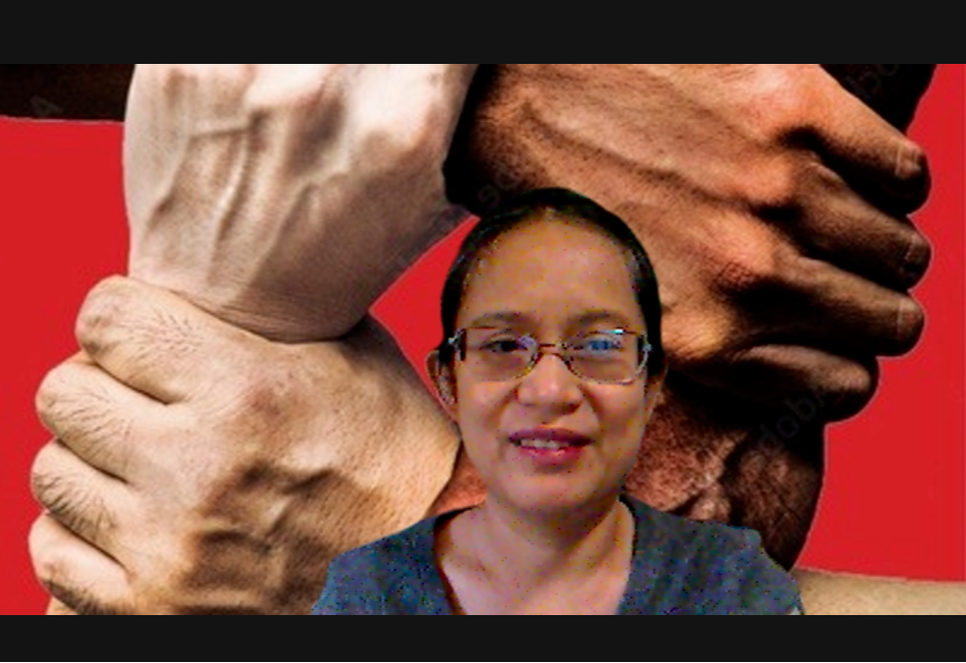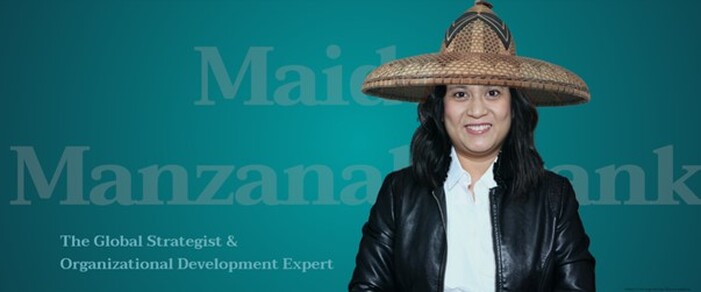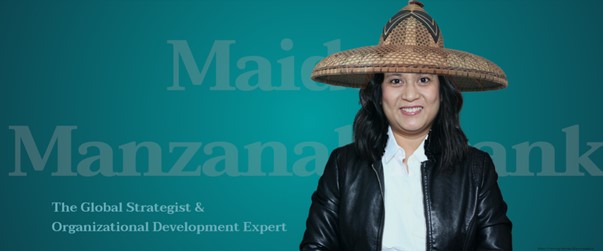Archives
April 2024
Categories
All
|
Back to Blog
DELIGHT AT EVERY OPPORTUNITY3/25/2024 I just moved to a new celfone provider from one that I had for more than 3 years now.
The agent presented a better price, better service, better features, and overall ease with the move. I was convinced easily. Plus I didn't get charged for a connection fee. The best is that he knows who is he talking to: small business owners who are always on the lookout for better communications to power their businesses. The admirable part of it is that he got my data from the thousands of subscribers and zeroed in on what the segment I represented really needs. Their competitor had no clue as to what happened just that one subscriber out. We could be in thousands until it's too late for them to figure out what was going on. It's not rocket side to please a customer. You have these things and the switch will happen. Don't let your valuable partner, donor, or customer switch and disappear out of the blue. Mere satisfaction is a given. But surpassing expectations and finding out what would delight them at every stage of their relationship with you is the challenge.
0 Comments
Read More
Back to Blog
VOLUN-TOLD10/9/2023 I have been volun-told and volun-steered in many ways in the communities that I navigate. At first, I am very open to the idea provided it suits my interest, talent, time, and engagement methods. Other than that, aside from what I do on a main basis, I just want to enjoy my time leisurely. Recently, being asked to do this and that is something that I have to look closer and with more awareness that I can't possibly commit to many things and then drop them one by one. My experience in my last volunteer advisory role was like punching your way through too many intelligent people in the room all the time. These are great people with great ideas but execution and really being common sensical is a mile a way. My contrarian position irked a lot of people (I wasn't a favorite!) and this is the risk we all take when were not sycophants. Sharing a different and vital perspective should be welcomed but people can be overly sensitive and enamored by their own views too much. If this is the environment, I might as well read a good book or play with my daughter in the playground or watch My Little Pony with her. Stumping mushrooms on the ground is fun too. I don't want to be volun-shoved and volun-steered in the wrong direction. They might as well be barking on the wrong tree.
Back to Blog
UNLIKELY BEDFELLOWS4/24/2023 Like the Black See Grain initiative powered by the UN between Ukraine, Russia and Turkey to free up the grains to address the growing food insecurity in many parts of the world, this deal is highly contentious. While currently warring, the two factions managed to put aside their strife to think about how the grains from Ukraine could solve another world problem. Albeit, for very selfish reasons, they came together, debated endlessly, sought side deals and concessions, and almost broke down the negotiations. So much for what UN calls 'restricted diplomacy.' While highly volatile and unpredictable, when pulled together, enemies can be brought to the table with very clear political or economic objective, facilitated by multilateral actors who are perceived as neutral or non-partial to the central conflict. It seemed that limited trust can be fostered on a very narrow set of targets with disincentive for non-cooperation and rewards for its maintenance. The world is fraught with conflicts and war-mongering. The stances of governments and politicians are more towards creating division and polarization rather than creating a pathway towards reconciliation and unity within a diverse framework. Negotiations seldom accomplish their purpose because of the insistence that all wrongs and disagreements on all fronts had to be taken down first which is not the way to go. This initiative proves that with a strong political will, enemies can sign the same accord separately without the face-to-face interaction but still agree on the document. Even though the terms are fairly slim, that could be start of more talks and less fighting on the ground. This is possible but very hard to put together and maintain, but do we have a choice? |
 RSS Feed
RSS Feed


